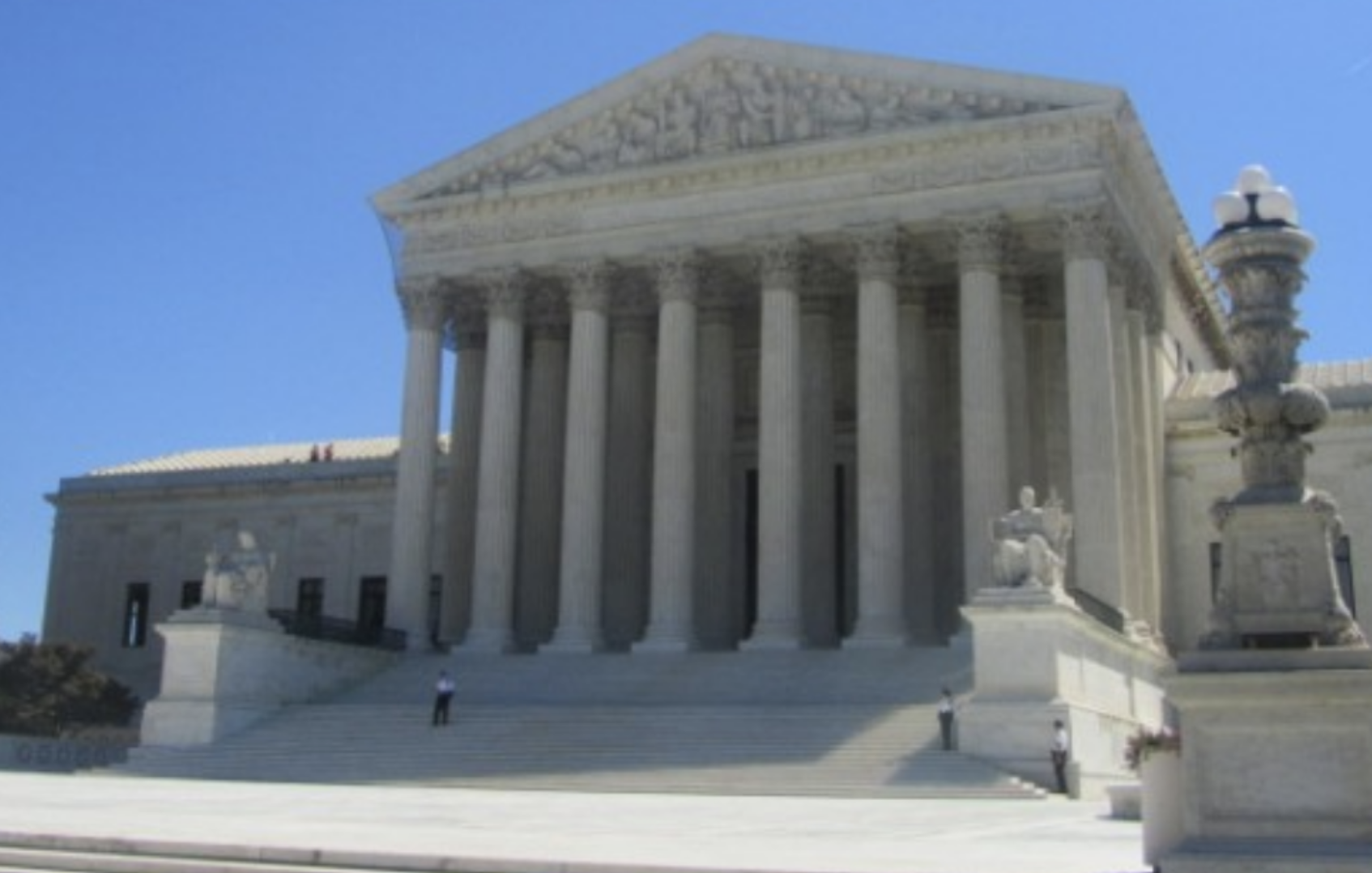
- Details
- By Chuck Hoskin Jr
Guest Opinion. As Principal Chief of the Cherokee Nation, I joined the celebrations across Indian Country for the U.S. Supreme Court’s 7-2 Brackeen v. Haaland decision upholding the Indian Child Welfare Act (ICWA). The ruling was a triumph for tribes and, more importantly, for the health and safety of Native American children.
When it comes to defending ICWA, the facts, the law, and the U.S. Constitution have always been on our side. The SCOTUS decision reinforces years of legal precedent that tribes and tribal citizens have a sovereign right to self-determination and preservation of our cultural identities.
Enacted in 1978, ICWA exists due to the dark chapter in American history when a staggering 25 to 35% of Indian children were wrongfully removed from their families and the majority placed into non-Native homes. Throughout the 1950s, ’60s and ’70s, this was done by state officials and private groups with the intention of eradicating Native American culture and language. In an echo of the earlier federal boarding school period, children were taken from their families often without due process of the law.
ICWA is essential to making sure that never happens again. We know Native children are safest and happiest when they can grow up within their own community. However, that hasn’t stopped repeated attempts to tear down ICWA, driven by political motivations and based on falsehoods.
Unfortunately, throughout history, attacks on tribal rights have often succeeded. Recognizing this in the Brackeen case, the Cherokee Nation proudly joined forces with many other tribes, scholars, child welfare advocates and elected leaders from across the political spectrum to combat these assaults. We stood united in support of ICWA because we all understand that it represents the gold standard in child welfare laws.

While our recent Supreme Court victory was significant, the groups that poured millions of dollars into misleading attacks on ICWA are continuing efforts to undermine the law. Critics wrongly frame ICWA as a race-based law, but as those familiar with American history and constitutional law have repeatedly proven, tribal citizenship is not about race. It is about the inherent sovereignty of tribes, like the Cherokee Nation, that existed since long before the United States was founded and that continue today.
Cherokee Nation will continue our work with our partners to strengthen ICWA and safeguard tribal sovereignty against future attacks. We have a duty to protect our children and families, and I am confident that our sister tribes share this commitment. Yet we still have work to do: out of the 1,141 Cherokee children with active foster care cases, 30% are placed in non-Native homes. We urgently need more Cherokees to step up to become foster families and close this gap.
For the Cherokee Nation, ICWA is a lifeline. It solidifies our powers to protect our children, heal historical wounds and renew pride in our culture. It acknowledges the profound importance of family and community in the Cherokee way of life. As we celebrate this victory, we hope it provides for a deeper understanding and appreciation of what it means to belong to a Native family and a Tribal Nation.
Chuck Hoskin, Jr. is the principal chief of the Cherokee Nation.
More Stories Like This
Decisions About Us, Without Us: Education Dismantling Ignores Tribal NationsWhat the Seismic Shift in Indian Education Could Mean
Cherokee Nation Helps Make Rural Transit Possible
Humanity Is Our Greatest Common Denominator
Ken Burns Finally Puts Native People Back In the American Revolution Story — And It Matters
Help us tell the stories that could save Native languages and food traditions
At a critical moment for Indian Country, Native News Online is embarking on our most ambitious reporting project yet: "Cultivating Culture," a three-year investigation into two forces shaping Native community survival—food sovereignty and language revitalization.
The devastating impact of COVID-19 accelerated the loss of Native elders and with them, irreplaceable cultural knowledge. Yet across tribal communities, innovative leaders are fighting back, reclaiming traditional food systems and breathing new life into Native languages. These aren't just cultural preservation efforts—they're powerful pathways to community health, healing, and resilience.
Our dedicated reporting team will spend three years documenting these stories through on-the-ground reporting in 18 tribal communities, producing over 200 in-depth stories, 18 podcast episodes, and multimedia content that amplifies Indigenous voices. We'll show policymakers, funders, and allies how cultural restoration directly impacts physical and mental wellness while celebrating successful models of sovereignty and self-determination.
This isn't corporate media parachuting into Indian Country for a quick story. This is sustained, relationship-based journalism by Native reporters who understand these communities. It's "Warrior Journalism"—fearless reporting that serves the 5.5 million readers who depend on us for news that mainstream media often ignores.
We need your help right now. While we've secured partial funding, we're still $450,000 short of our three-year budget. Our immediate goal is $25,000 this month to keep this critical work moving forward—funding reporter salaries, travel to remote communities, photography, and the deep reporting these stories deserve.
Every dollar directly supports Indigenous journalists telling Indigenous stories. Whether it's $5 or $50, your contribution ensures these vital narratives of resilience, innovation, and hope don't disappear into silence.
 The stakes couldn't be higher. Native languages are being lost at an alarming rate. Food insecurity plagues many tribal communities. But solutions are emerging, and these stories need to be told.
The stakes couldn't be higher. Native languages are being lost at an alarming rate. Food insecurity plagues many tribal communities. But solutions are emerging, and these stories need to be told.
Support independent Native journalism. Fund the stories that matter.
Levi Rickert (Potawatomi), Editor & Publisher
